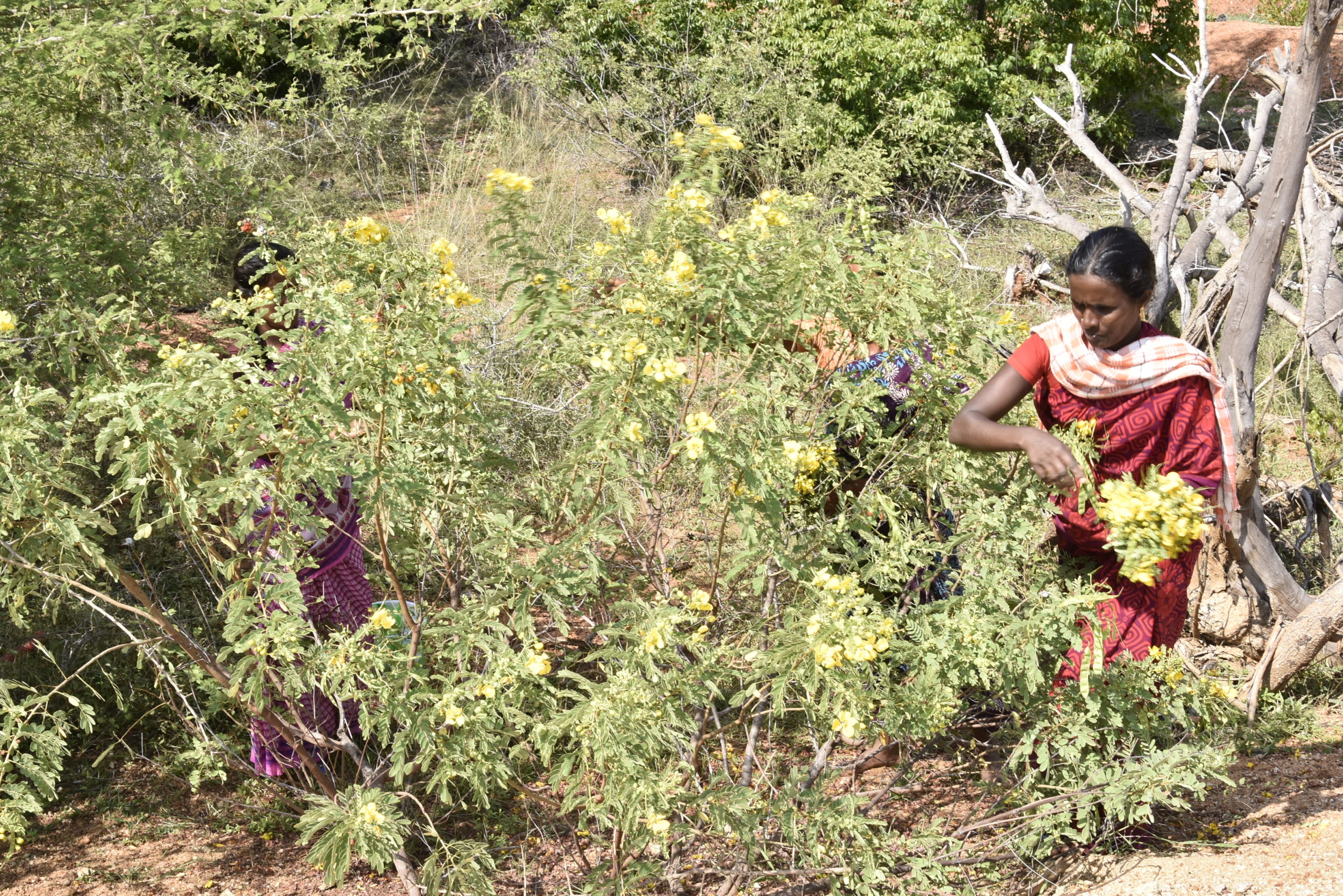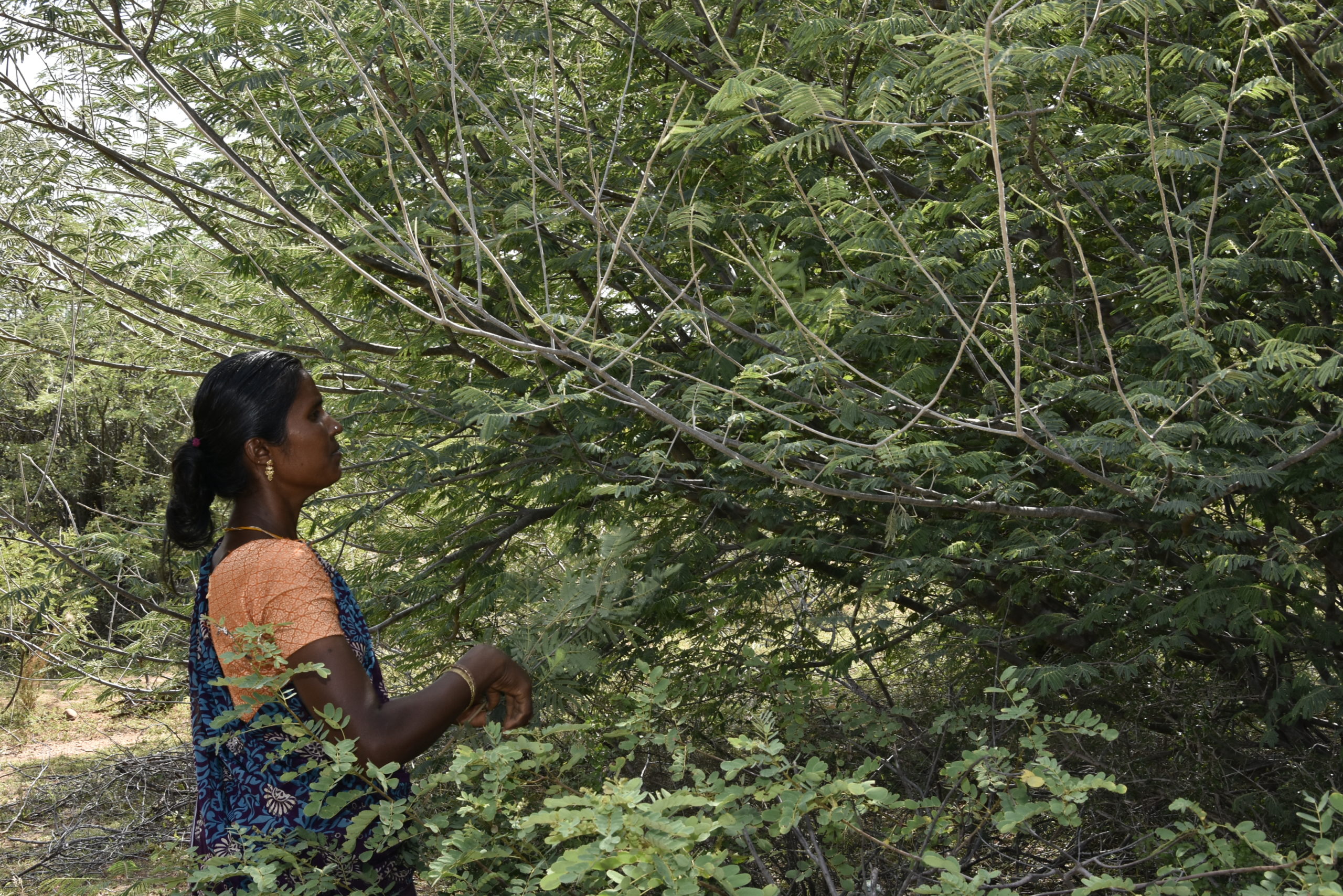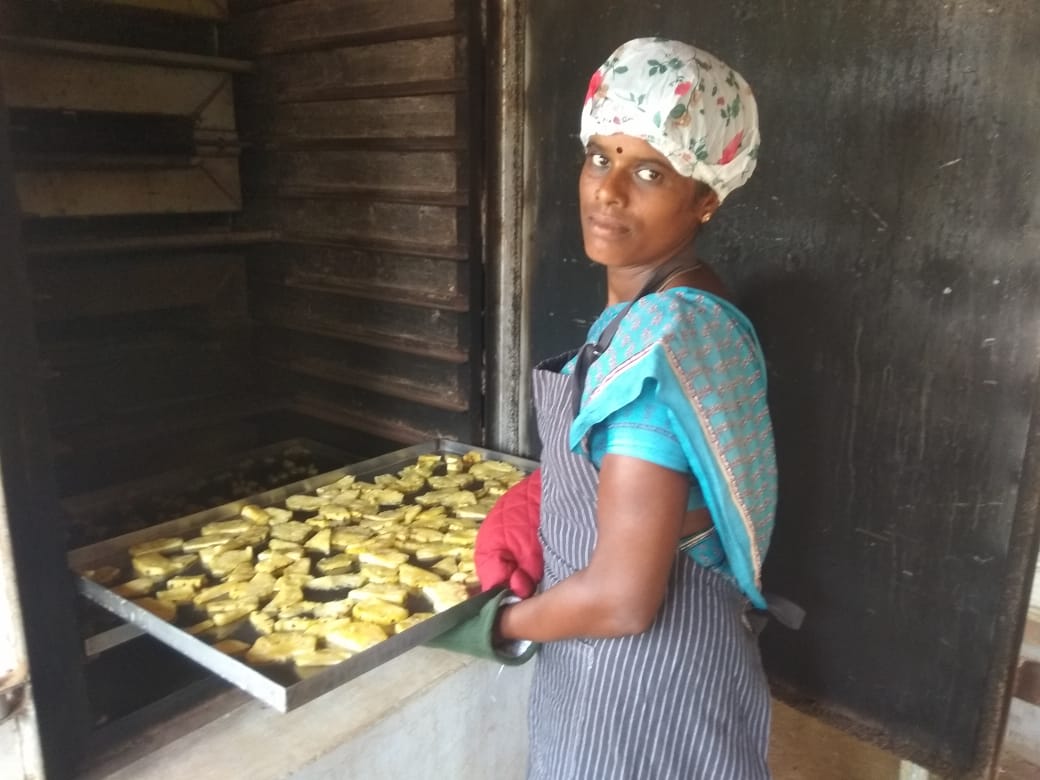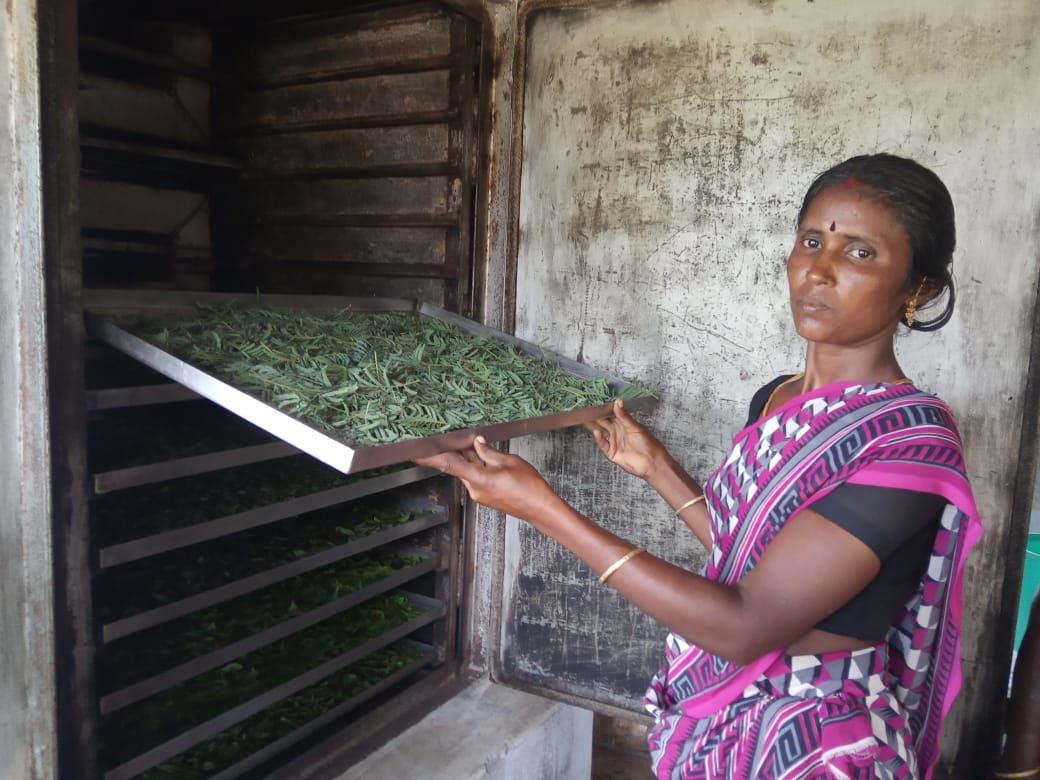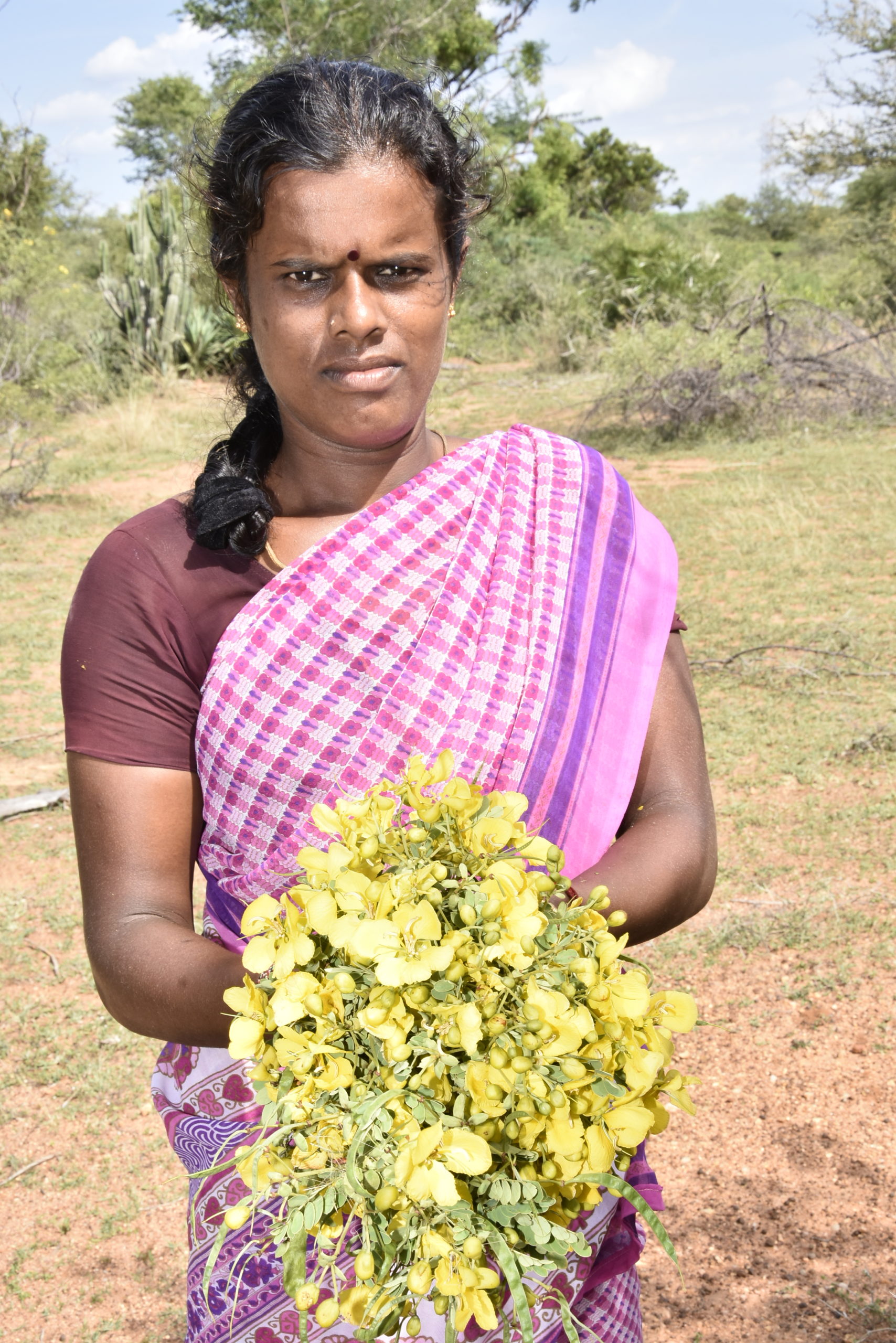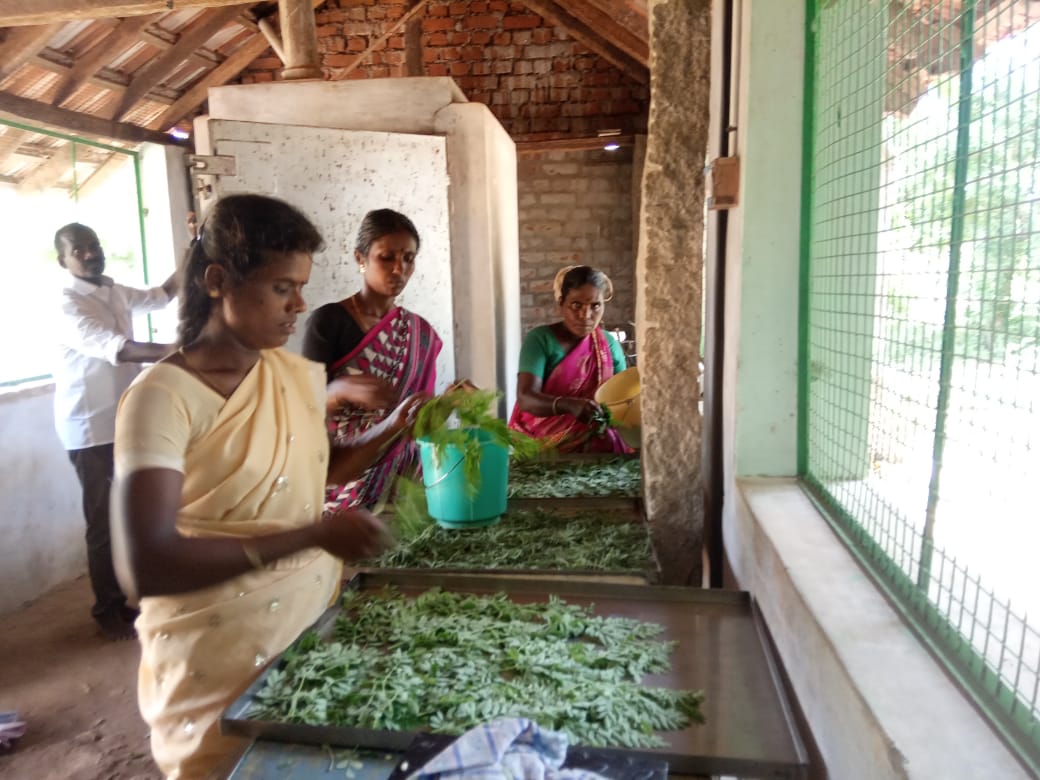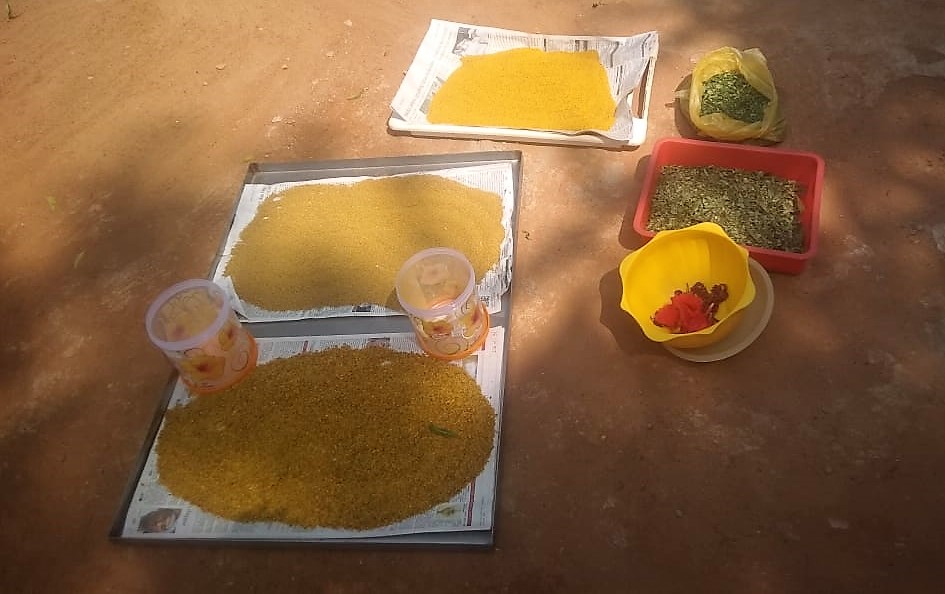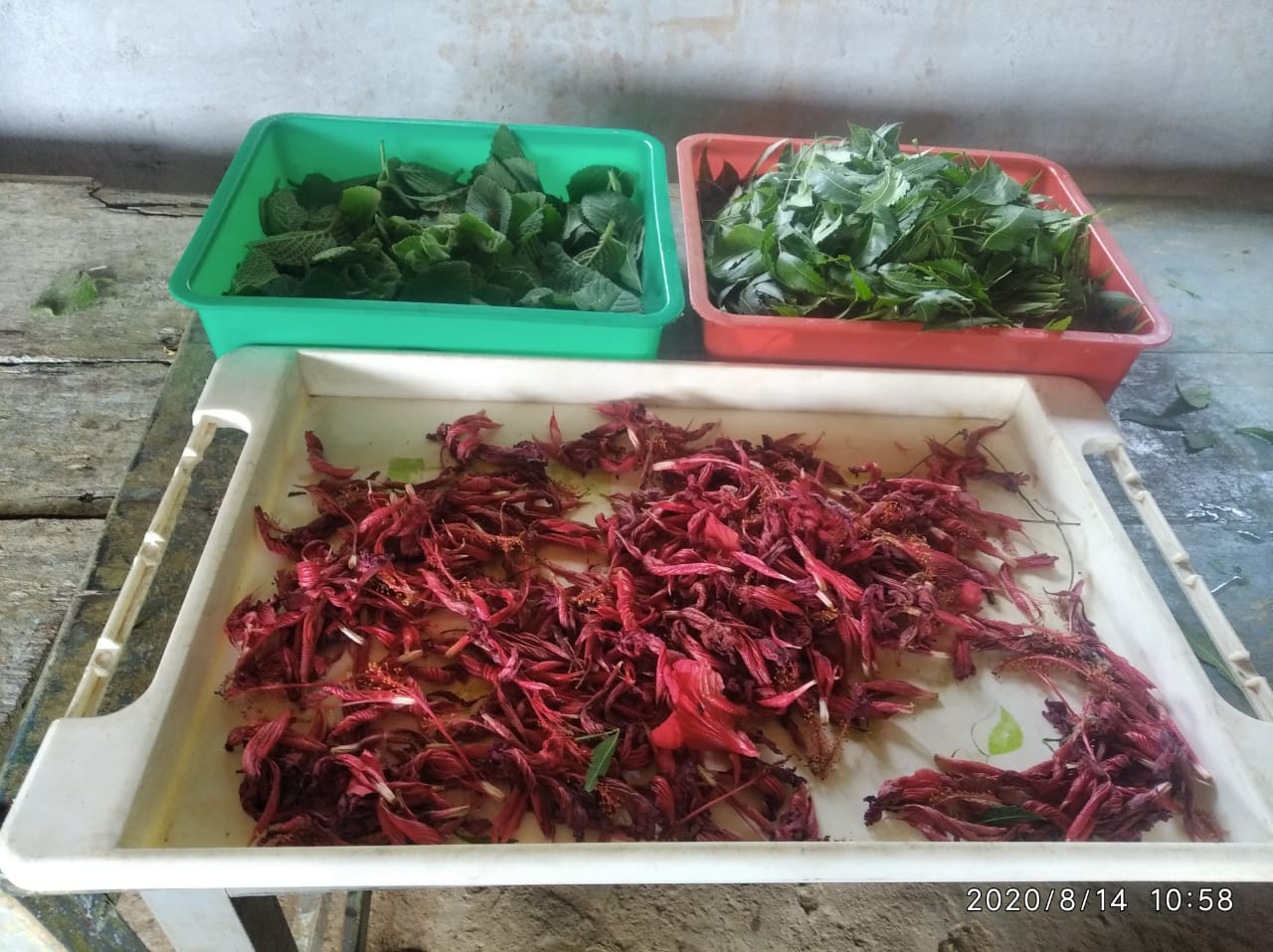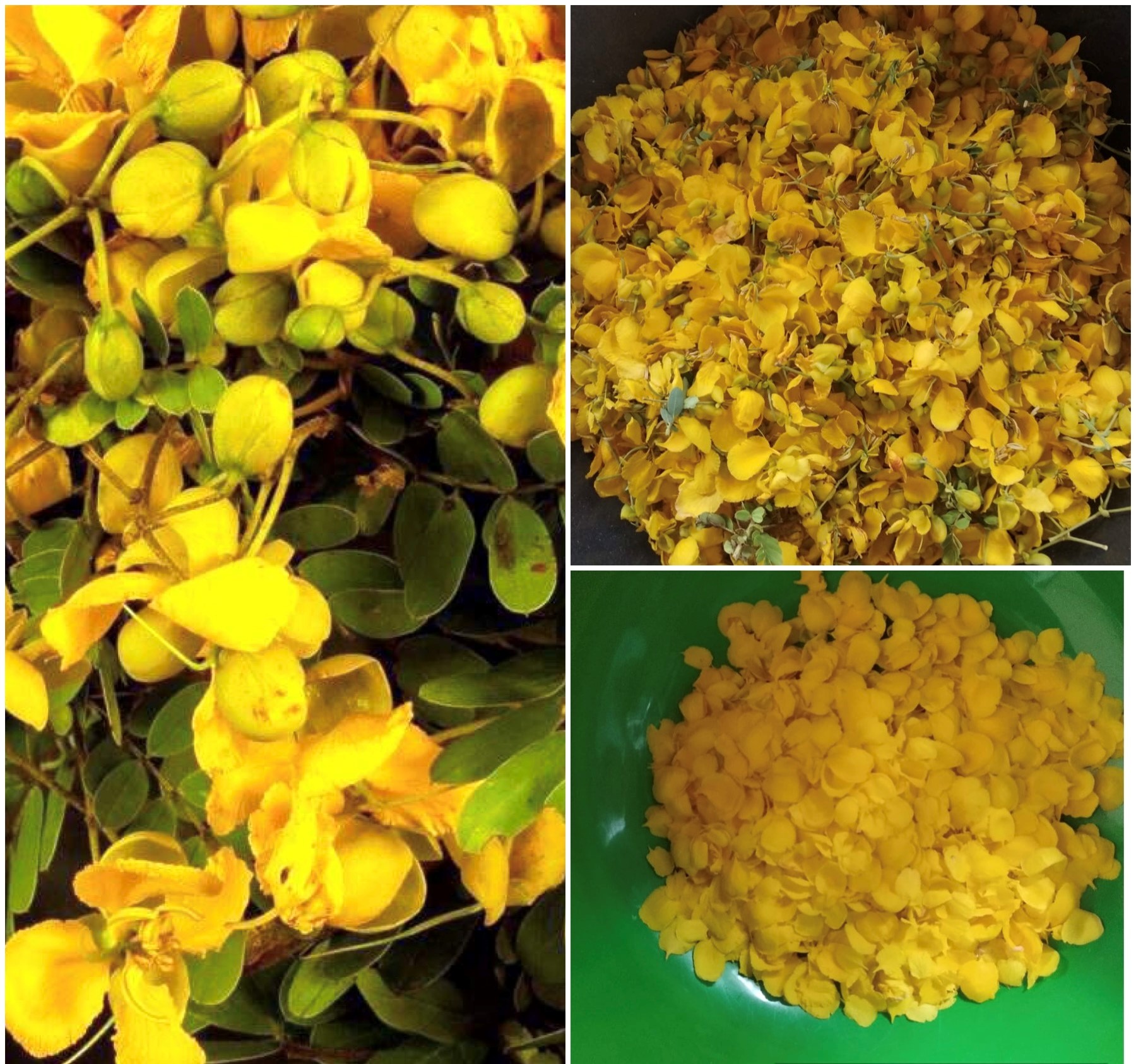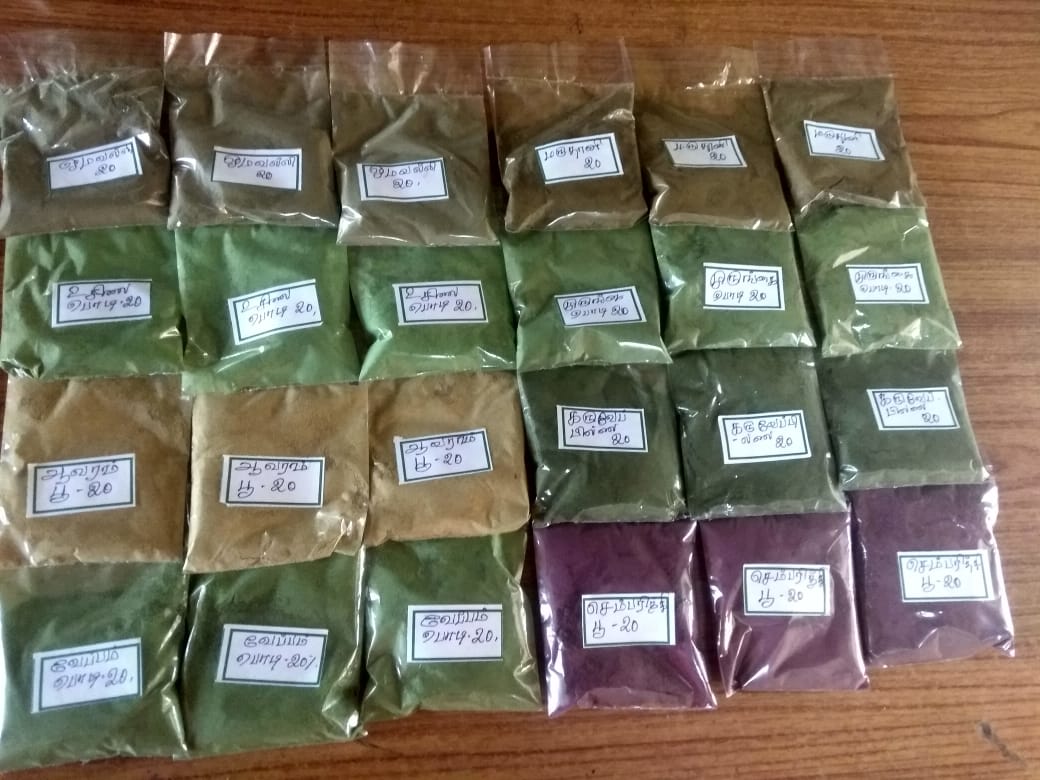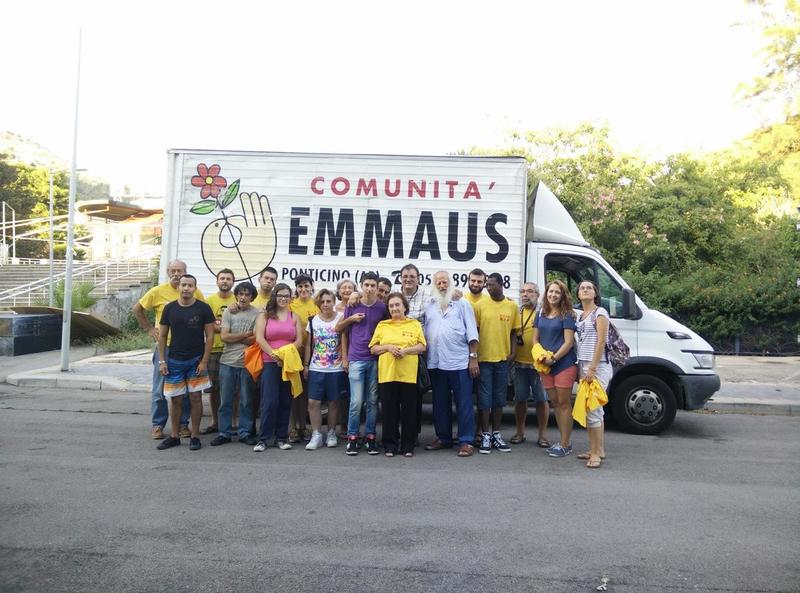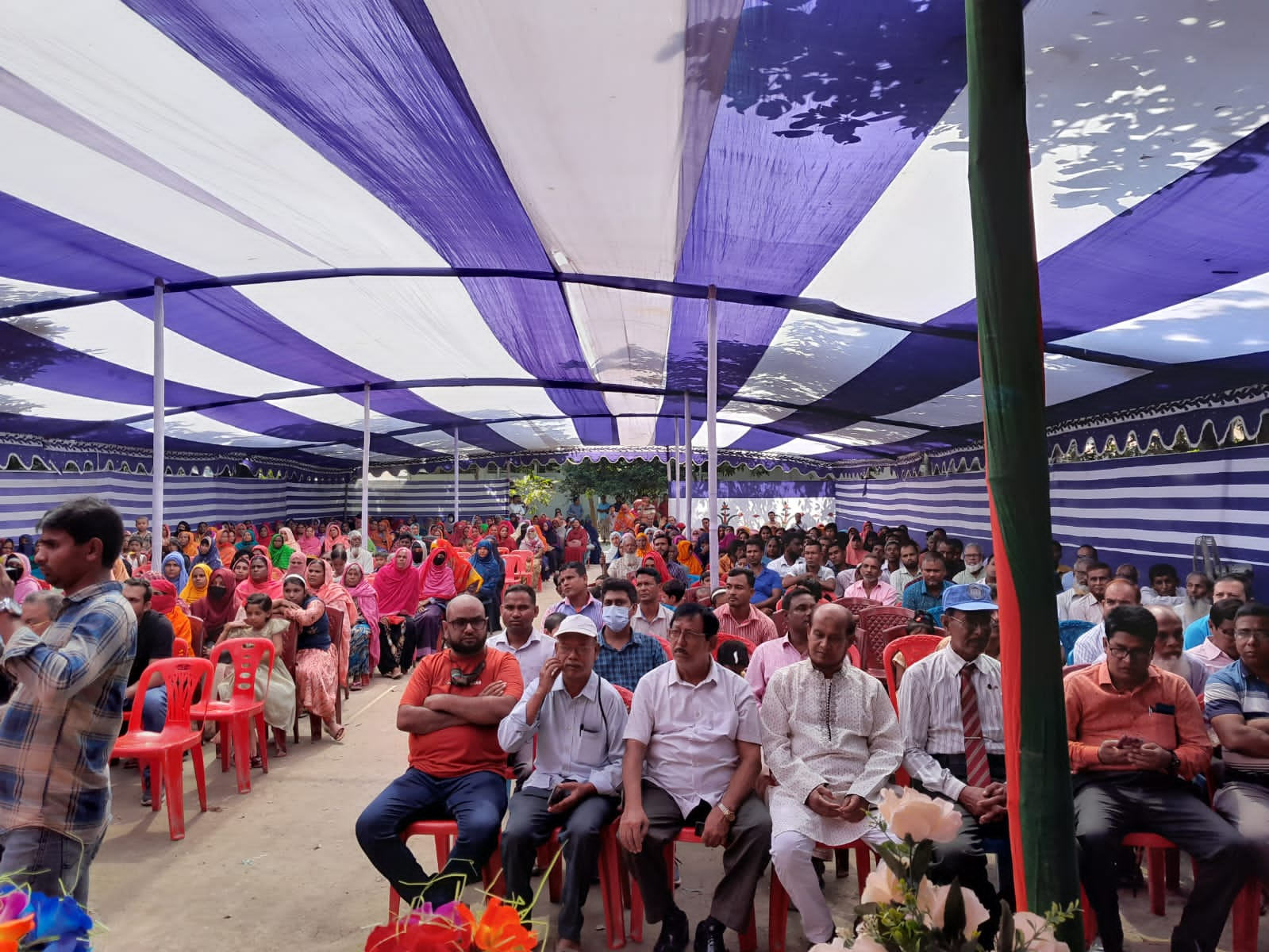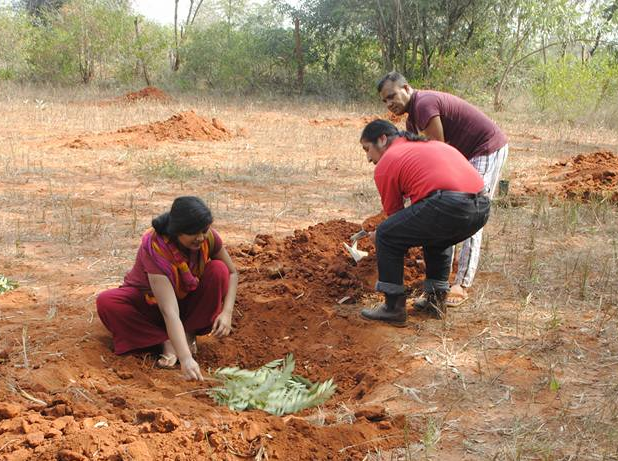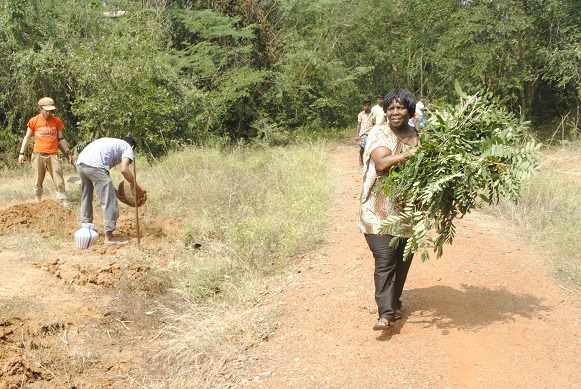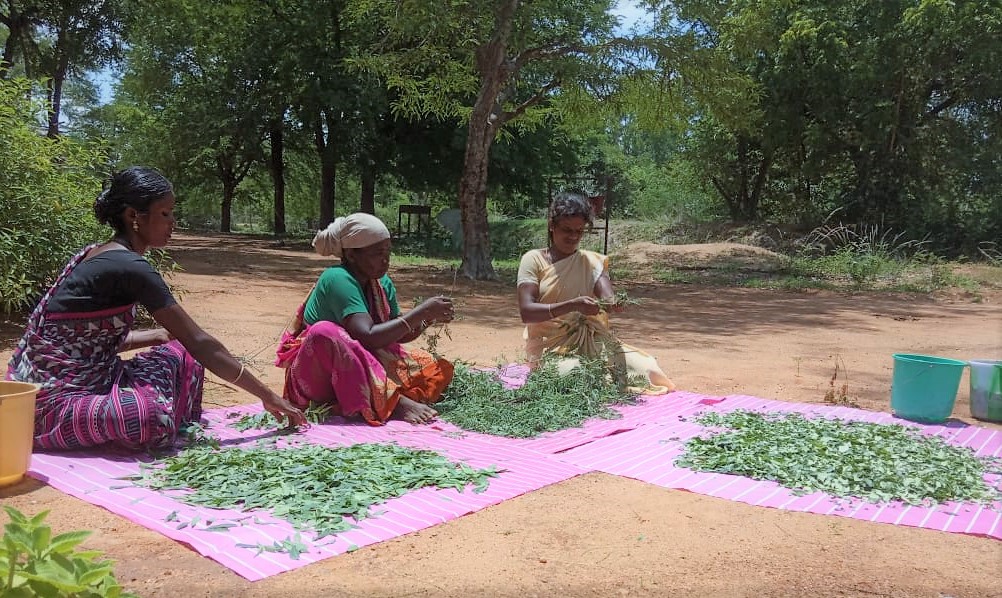
Trichy, Tamil Nadu – India
HERBS HARVESTING AND DRYING
THE CONTEXT OF YOUR INITIATIVE
India is an agricultural country. 70% of our agricultural lands are rain fed. Annually almost 25% of the agriculture produce is damaged due to a lack of drying and storage facilities. Together with the Indian Institute of Science, we have established a fuel dryer to dry vegetables and herbs.
This initiative is a value adding process for herbs. Due to erratic rainfall when the monsoon and harvest coincide, there is a huge loss of produce for farmers, because perishable produce such as greens, vegetables and fruits get damaged. But by drying these we can store them for the whole year. At the same time there are wild herbs like Usilai, Aavarai, drum stick leaves, curry leaves, Neem leaves, and Hibiscus leaves, flowers like Hibiscus, and Aavarampoo, in abundance. These greens and flowers are available in large quantities. These can be dried and kept for the whole year in the form of leaves or powdered leaves.
To a large extent, people over 55 years are unemployed in the village and they constitute 20% of the population. Hence by creating employment, they collect leaves and flowers and bring them to the farm. These are then fuel dried and marketed. This adds value to perishable agriculture produce. This generates employment opportunities for people over 55, and this is an initiative which falls under environmental conservation and social justice. This fuel dryer unit is functioning on the Kolunji Ecological Farm.
THE ACTIVITIES CARRIED OUT AS PART OF YOUR INITIATIVE
• Women over 55 years of age, widows and single women collect wild leaves, herbs and flowers
• These collected herbs and flowers are brought to the farm
• These herbs are initially dried in the shade
• They are then powdered, packaged and marketed after shade drying.
• They get dried in the fuel dryer; this maintains the nutrients and colour.
WHO IS INVOLVED FROM OUR GROUP?
• Two staff from Kolunji for drying herbs
• 6 women for herbal collection
• Two part-time staff to bring the collected herbs to the farm
• 2 volunteers for marketing
WHICH PARTNERS ARE YOU WORKING WITH ON THIS INITIATIVE?
Photos
FUTURE PROSPECTS
• In 2005 the dryer was installed at Kolunji Ecological Farm in collaboration with the Indian Institute of Science, Bangalore.
• 2005-2018: Value adding to vegetables. When the price of vegetables drops in the market it is mainly tomatoes, aubergine, ladies finger, bananas and other vegetables. Farmers brought vegetables to dry them and take them back to market.
• From 2019 we started drying herbs. During the pandemic with the demand for natural sanitisers, Neem leaf and Pungaemia were collected and used as disinfectants. Herbs that enhance immunity were collected and were produced as a herbal powder called « Kabasurakudineer ». This is the Sidha formula to enhance immunity and has proved to be very effective. Every month we supply this Kabasurakudineer to 500 families in the villages.
WOULD YOU LIKE TO ADD ANY INFORMATION ABOUT YOUR INITIATIVE?
WHAT ARE YOUR PROSPECTS?
• Products are locally collected
• Products can be grown on rain-fed land and also collected in the wild.
• These herbal products are natural sanitisers and enhance immunity
• It is cost-effective
• To the rural poor in India, Asia and Africa this is highly sustainable and replicable.
